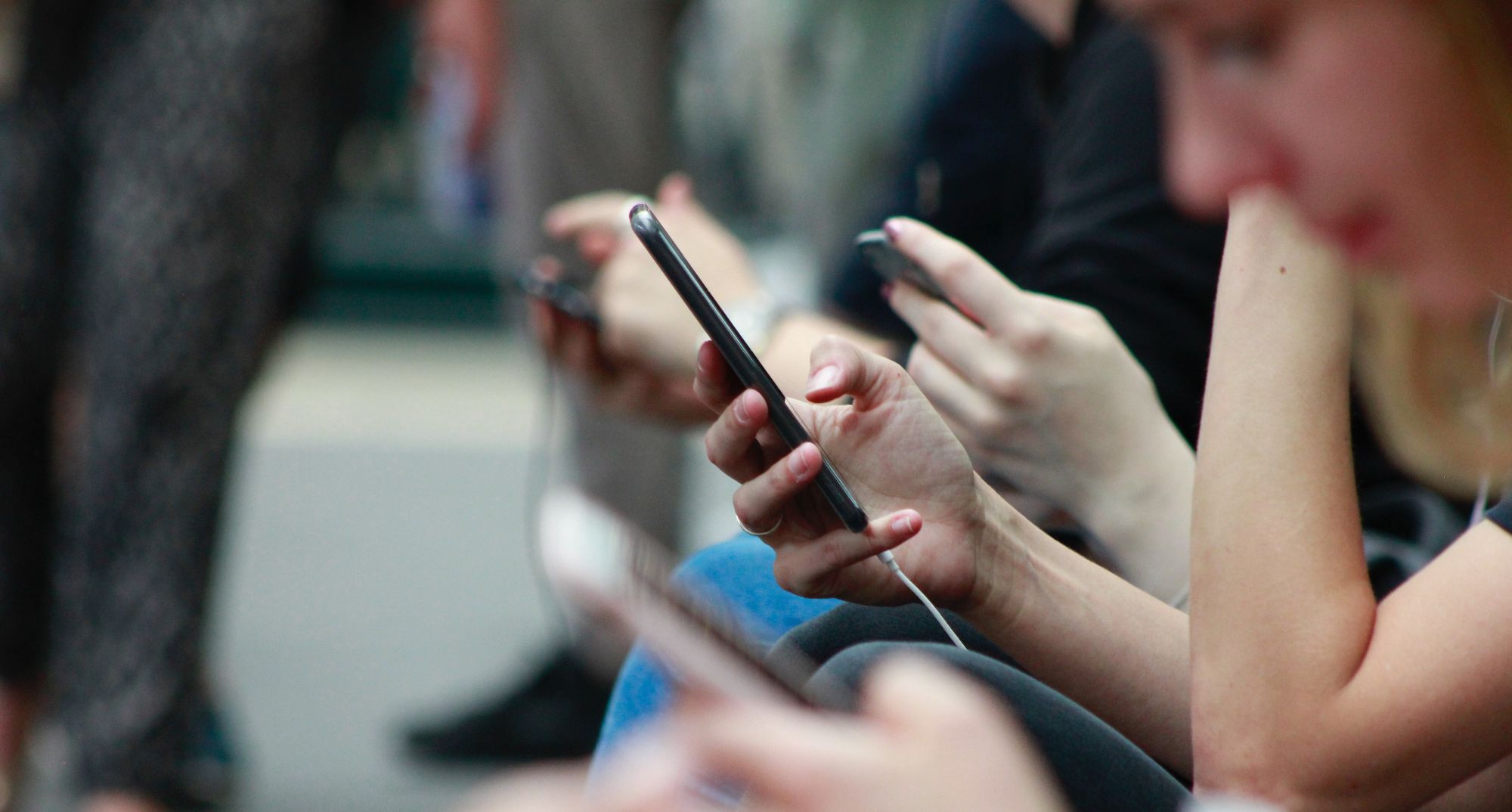Nowadays, many people don't go an hour without checking their phones. It's become natural to spend hours scrolling through social media apps like TikTok, Instagram, and Facebook, and it's gotten to the point where some people are now "chronically online." But what does it mean to be chronically online, and how can you avoid its negative effects?
What Does "Chronically Online" Mean?
The term "chronically online" is the evolution of a number of terms used throughout the 2010s and 2020s. When social media really began to get popular in the early 2010s, being "online" (i.e., on social media) became the norm for many. On top of this, it has generally become more accepted to spend a lot of time on blogs, news sites, streaming services, and other online platforms. All in all, people are spending lots of time online.
The terms "terminally online" and "extremely online" have also been used in the past to describe those who spend a lot of time online, but the term "chronically online" takes things to another level.
There is no official dictionary definition for any of these terms, though the Urban Dictionary states that being chronically online is a description for "someone who is basically always on the internet and their entire existence revolves around being on the internet."
As you may have assumed from the description above, spending an hour or two a day scrolling through TikTok or Instagram doesn't really mean that you are chronically online. Rather, spending huge amounts of time online every day is what would take you into the realm of being chronically online.
Another Urban Dictionary description of the term defines a chronically online person as "someone who is so absorbed into online life and discourse that they become unfamiliar with things off the internet."
When someone is truly chronically online, their online life outshines their real life, to the point where the former becomes more important than the latter. In severe cases, this can also lead to social isolation and recluse-like behavior.
However, there is a more ironic use of "chronically online" that people use when they generally spend too much time on the internet. Referring to one's self as being chronically online is very common on social media, even if the person describing themselves this way has a vibrant social life, career, and hobbies.
Take the above tweet, for example. Of course, not every single Twitter user is socially isolated and obsessed with the online space. But many do have up-to-date knowledge of internet culture, such as phrases, memes, and influencer or celebrity news. So, if you see someone use the term "chronically online" to describe themselves, you don't necessarily need to be worried. This may just mean that they spend more time online than is ideal.
This term is also often used to describe those who have extreme social or political views through their use of the internet.
There are many harmful views and conspiracies circling social media, and many of these refer to national governments. For example, some believe that the 2020 US presidential election was rigged, an idea that was strongly propagated on Twitter, Facebook, and TikTok. Whether or not you believe this yourself, it's undeniable that many have been turned on to this idea via social media.
Some people also fall into bigoted groups, such as those that promote racism and misogyny, when spending a lot of time online. In this sense, a person can also be considered chronically online.
In short, the term "chronically online" does not mean just one thing, though there are a few cases in which it is most commonly used. But how can you spot if you, or someone else, is chronically online? And how do you stop it if this is the case?
How to Identify and Stop Being Chronically Online
If you believe that the amount of time you spend online doesn't affect your career, social life, or health, then you probably don't need to worry about being chronically online. Many of us spend time on the internet as a pastime, and there's really nothing wrong with that.
However, if you're finding yourself spending huge chunks of time on social media, news sites, streaming platforms, and similar outlets, then there may be an issue that you need to address. It's hard to find the line between healthy and unhealthy when it comes to internet usage. Some limit themselves to less than an hour a day, while others spend two or three hours online per day and still live healthy lives.
Here are some red and amber flags to watch out for if you're worried about being chronically online:
- Missing appointments and events to be online.
- Being sedentary for hours at a time to use the internet.
- Prioritizing your online life over meals and hydration.
- Losing touch with friends and family to remain online.
- Knowing more about online culture than real-world events.
If you feel that you are spending too much time online, there are a few things you can do, including these tips:
- Use distraction-blocking apps on your devices.
- Keep a solid schedule to avoid boredom.
- Limit the number of social media outlets you use.
- Turn off notifications for non-essential apps.
- Make regular plans with friends and family.
- Discover your interests and passions outside the web.
If you're worried your child is spending too much time online, you may want to consider using parental control apps to limit their screen time. When it comes down to it, finding a healthy balance between your online and offline lives depends on the life you want to live. Some people get a lot out of their online life, whereas others find it draining. So, the line one draws here is very subjective.
But overall, it's important that you're ensuring your "real" life—i.e., the time you spend offline—doesn't become less of a priority than the time you spend on the internet. Staying in touch with friends, spending time with relatives and pets, and keeping your body healthy are all important factors that you shouldn't let go of to spend more time online.
Being Chronically Online Can Be Dangerous
It's not unusual to enjoy spending time online, but taking this a little too far can be detrimental to your mental and physical health. So, if you're worried about being chronically online, make sure you're aware of the warning signs and possible remedies to find a healthy balance between your offline and online lives.


